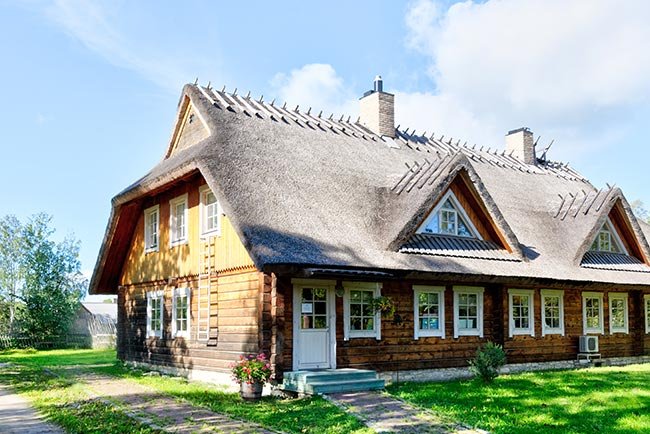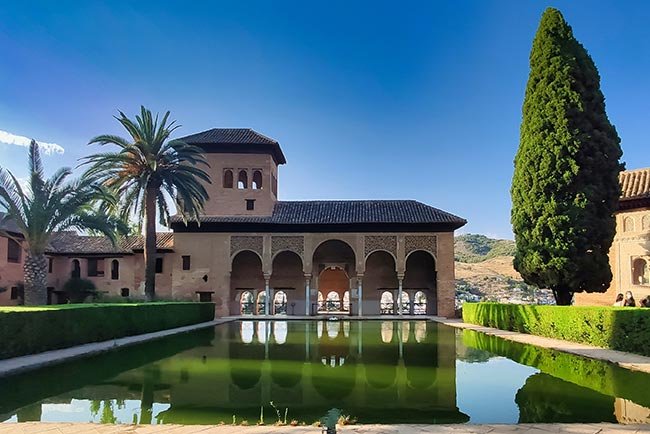He is Not a Full Man Who Does Not Own a Piece of Land
In a world where urbanization is rapidly taking over, the old adage “He is not a full man who does not own a piece of land” might seem outdated. However, this timeless saying still holds a significant place in our hearts and minds, reflecting a deep-seated belief in the value of land ownership. Let’s explore why owning a piece of land continues to be an integral part of human fulfillment and identity.
Historical Significance
Historically, land ownership has been a symbol of wealth, power, and stability. In many cultures, owning land was the ultimate goal, providing a sense of security and independence. It allowed individuals to cultivate their own food, build their homes, and establish roots in a community. Land was not just a physical asset; it was a source of pride and a cornerstone of legacy.
Financial Stability and Investment
In modern times, owning land is still a critical component of financial stability. Real estate is one of the most reliable investments, often appreciating in value over time. Land ownership can provide a steady income through leasing or farming, and it can be a hedge against inflation. For many, it represents a long-term investment that can be passed down through generations, ensuring financial security for future descendants.





Emotional and Psychological Fulfillment
Beyond the tangible benefits, owning a piece of land offers emotional and psychological fulfillment. It grants a sense of autonomy and control over one’s environment, fostering a feeling of accomplishment. This personal connection to the land can lead to a stronger sense of identity and belonging. In an ever-changing world, having a place to call your own provides a stable anchor, a retreat from the hustle and bustle of life.
Community and Social Status
Land ownership also impacts social status and community standing. It often signifies success and respectability, opening doors to social and professional opportunities. Being a landowner can elevate one’s status within a community, contributing to a sense of pride and achievement.
Sustainability and Stewardship
With increasing awareness of environmental sustainability, land ownership today comes with a sense of responsibility. Landowners can contribute to ecological preservation, engage in sustainable farming practices, and protect natural habitats. This stewardship not only benefits the environment but also instills a deeper connection to the land, enhancing the sense of fulfillment.
Challenges and Considerations
While the benefits of land ownership are numerous, it’s essential to acknowledge the challenges. The rising cost of real estate, legal complexities, and maintenance responsibilities can be daunting. However, with careful planning and informed decision-making, these obstacles can be managed effectively.
Conclusion
The saying “He is not a full man who does not own a piece of land” resonates with the timeless human desire for stability, success, and belonging. In a world where many aspects of life are transient, owning land offers a tangible sense of permanence and accomplishment. Whether it’s a small plot or a vast estate, having a piece of land to call your own is more than just an investment; it’s a testament to one’s hard work, aspirations, and dreams. So, as we navigate the complexities of modern life, let’s not forget the enduring value of land ownership and the profound sense of fulfillment it brings.

